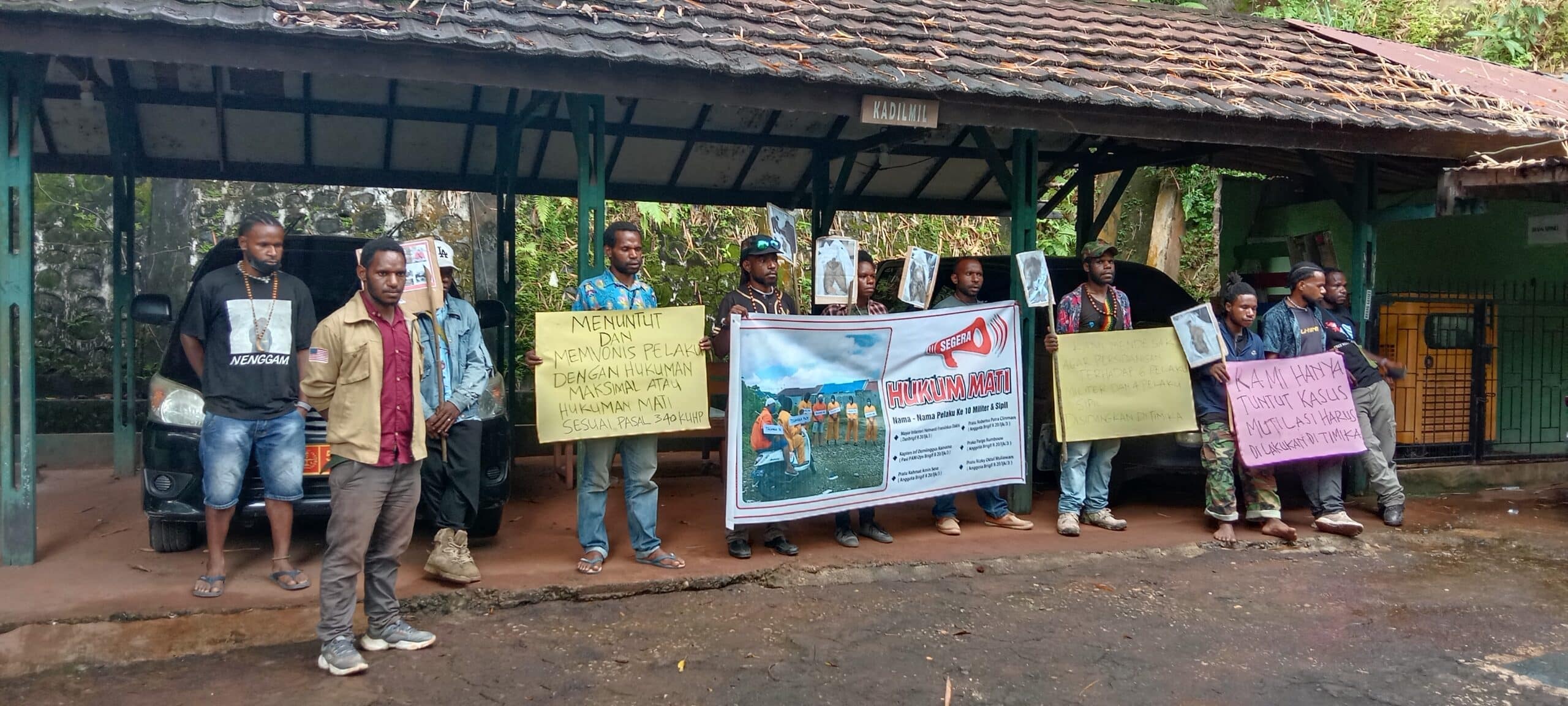Jakarta, Jubi – Greenpeace Indonesia appreciates the decision of the Jayapura State Administrative Court which rejected the lawsuits of two palm oil companies, PT Anugerah Sakti Internusa and PT Persada Utama Agromulia, against South Sorong Regent Samsudi Anggiluli for revoking their operational permits.
Greenpeace considers the Court’s decision favoring the protection and recognition of indigenous Papuans living in the area. “This is good news for the indigenous peoples of Konda District and South Sorong. It’s the first step and the right step to protect Papua’s forests and the rights of indigenous peoples,” said Greenpeace Indonesia forest campaigner, Nico Wamafma in a written statement received by Jubi on Thursday, May 26, 2022.
Nico said the decision was in line with the West Papua Provincial Government’s commitment to protecting indigenous peoples through Special Regional Regulation No. 9 of 2019 and Governor Regulation No. 25 of 2021 on Procedures for Recognition of Indigenous Communities.
“It would be better if every related party could comply with and carry out what has become the court’s decision. We will keep an eye on this,” Nico added.
He said the expansion of oil palm plantations in Papua’s forests is alarming. The threat of destruction of Papua’s natural forests also threatens the survival of the indigenous people who live in it.
Previously, a similar lawsuit occurred in Sorong where three palm oil companies challenged the decision of Sorong Regent Johny Kamuru, who revoked their permits.
The verdict of the Jayapura Administrative Court rejecting these lawsuits is a momentum for the House of Representatives to immediately deliberate and ratify the Indigenous Peoples Bill, so that the rights of indigenous peoples over their customary territories can be acknowledged legally in the eyes of the state law and protected thoroughly.
“Besides, these steps are proof of the Regent’s courage to revoke a Company’s permit after an evaluation, as well as a lesson to other regional heads not to give permits to companies carelessly,” Nico explained.
According to him, legal decisions that prioritize the rights of indigenous peoples are absolutely the rule. This includes following the principle of FPIC (free, prior, and informed consent) before issuing permits to companies.
Protection and recognition of the rights of indigenous peoples are one of the efforts to preserve the remaining forests on Bumi Cenderawasih. “Indigenous peoples must have complete freedom in managing their customary territories and be economically independent without destroying the forest,” said Nico. (*)















